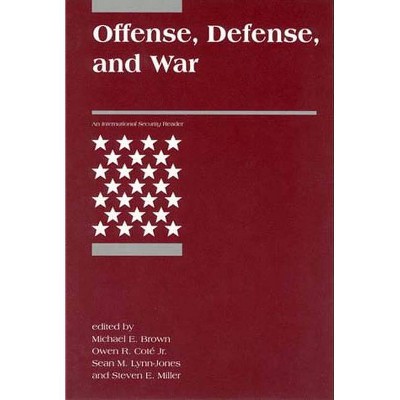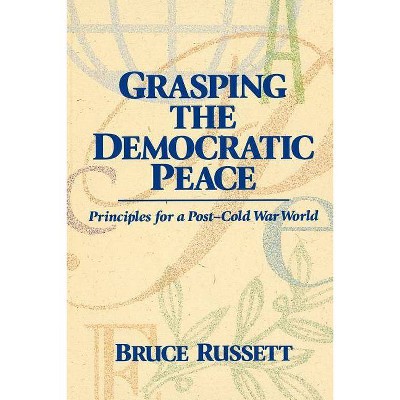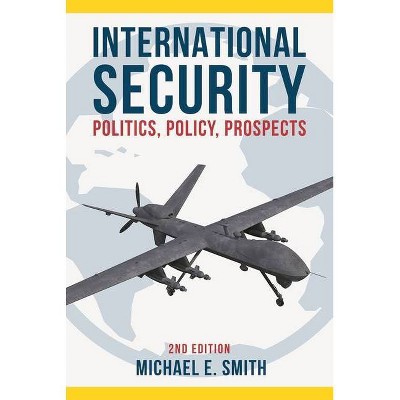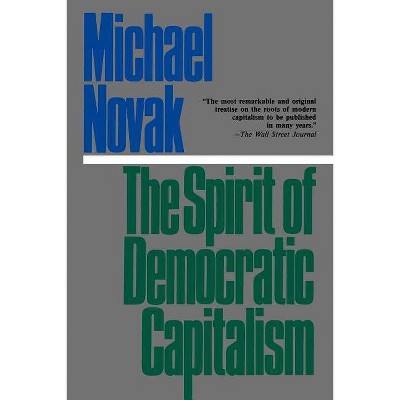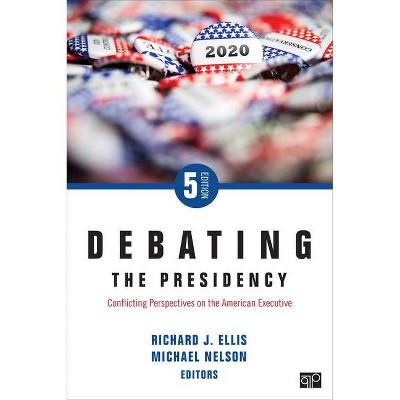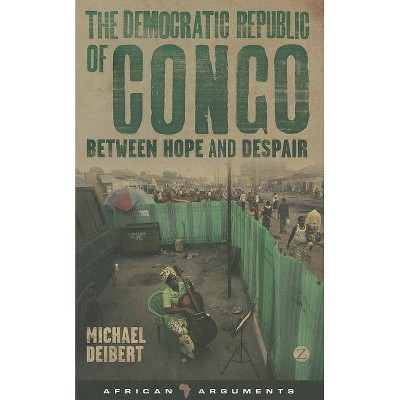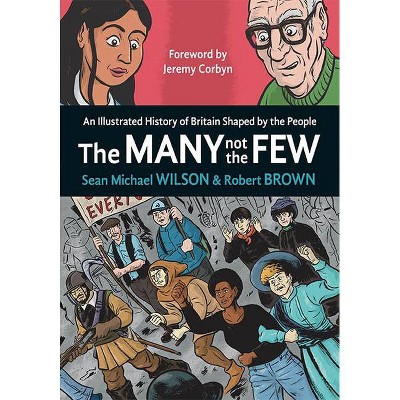Debating the Democratic Peace - (International Security Readers) by Michael E Brown & Sean M Lynn-Jones & Steven E Miller (Paperback)
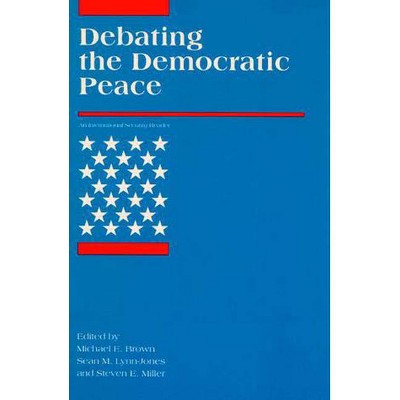
Similar Products
Products of same category from the store
AllProduct info
<p/><br></br><p><b> Book Synopsis </b></p></br></br>Are democracies less likely to go to war than other kinds of states? This question is of tremendous importance in both academic and policy-making circles and one that has been debated by political scientists for years. The Clinton administration, in particular, has argued that the United States should endeavor to promote democracy around the world. This timely reader includes some of the most influential articles in the debate that have appeared in the journal <i>International Security</i> during the past two years, adding two seminal pieces published elsewhere to make a more balanced and complete collection, suitable for classroom use.<p/><br></br><p><b> From the Back Cover </b></p></br></br>This volume collects important essays that have advanced and challenged the idea of a democratic peace. The first section of the book presents several seminal essays that argue that the democratic peace exists and is not spurious or epiphenomenal. The authors contend the democracies rarely go to war with one another, and that democratic peace is the result of characteristics of democracies.<p/><br></br><p><b> Review Quotes </b></p></br></br><br>Extremely useful...excellent.--<b> Francis Fukuyama</b>, <i>Foreign Affairs</i>--<br><p/><br></br><p><b> About the Author </b></p></br></br>Michael E. Brown is Dean of the Elliott School of International Affairs at George Washington University. <p/>Sean M. Lynn-Jones is Editor of <i>International Security</i>, the International Security Program's quarterly journal. He is also series editor of the Belfer Center Studies in International Security, the Program's book series that is published by MIT Press. <p/>Steven E. Miller is director of the International Security Program at the Belfer Center.
Price History
Price Archive shows prices from various stores, lets you see history and find the cheapest. There is no actual sale on the website. For all support, inquiry and suggestion messagescommunication@pricearchive.us
